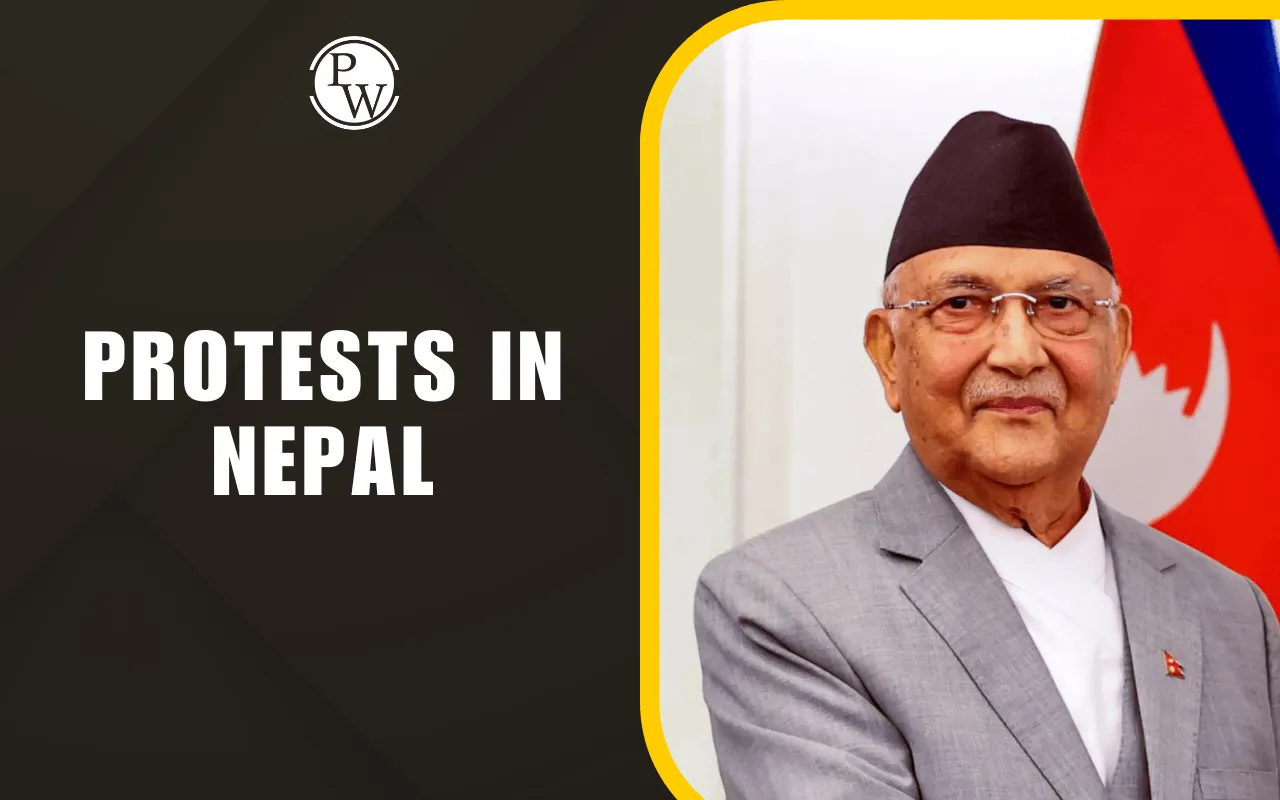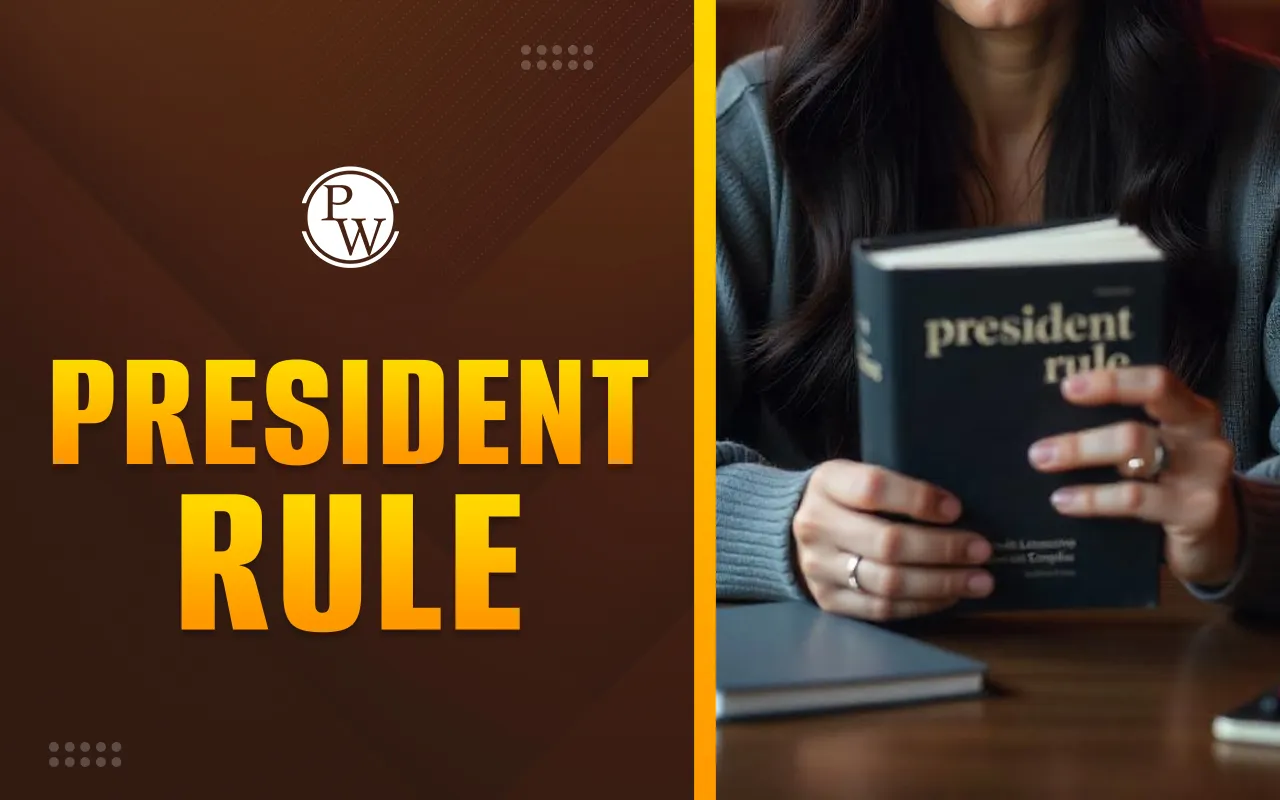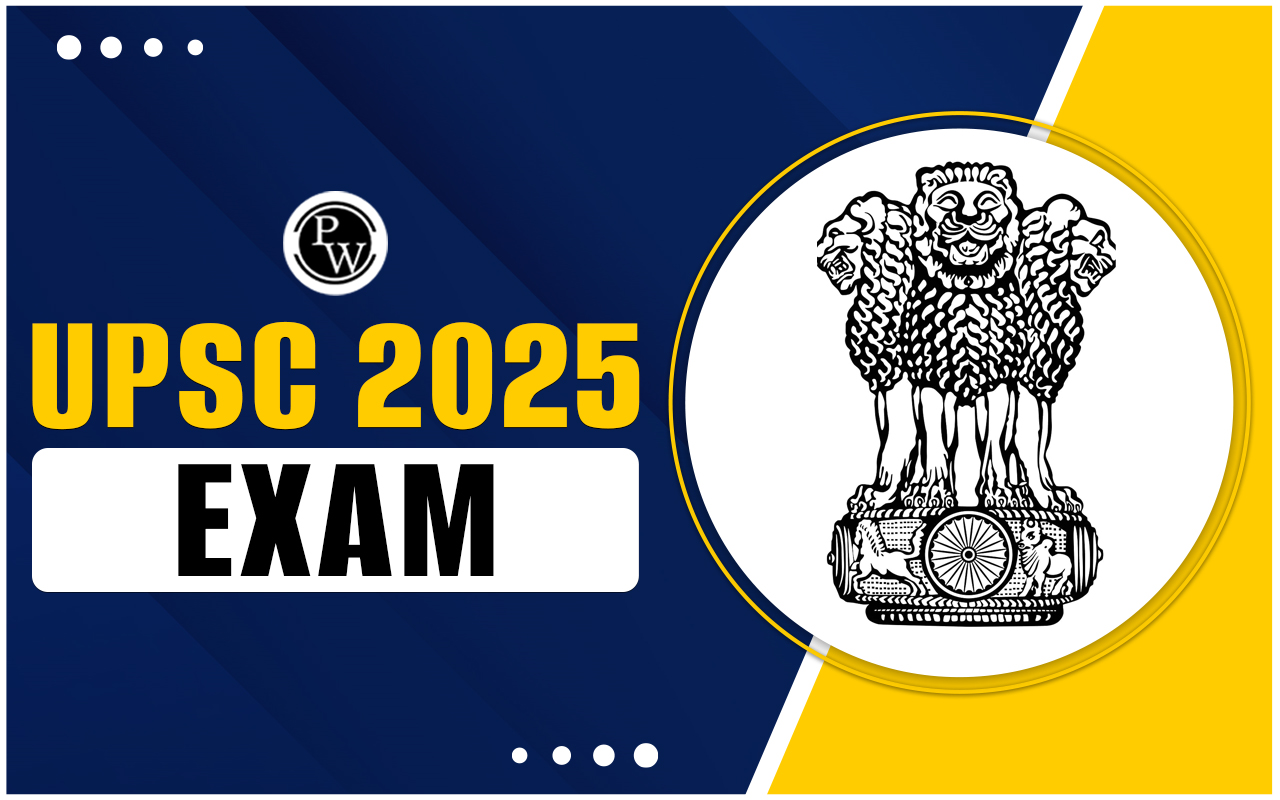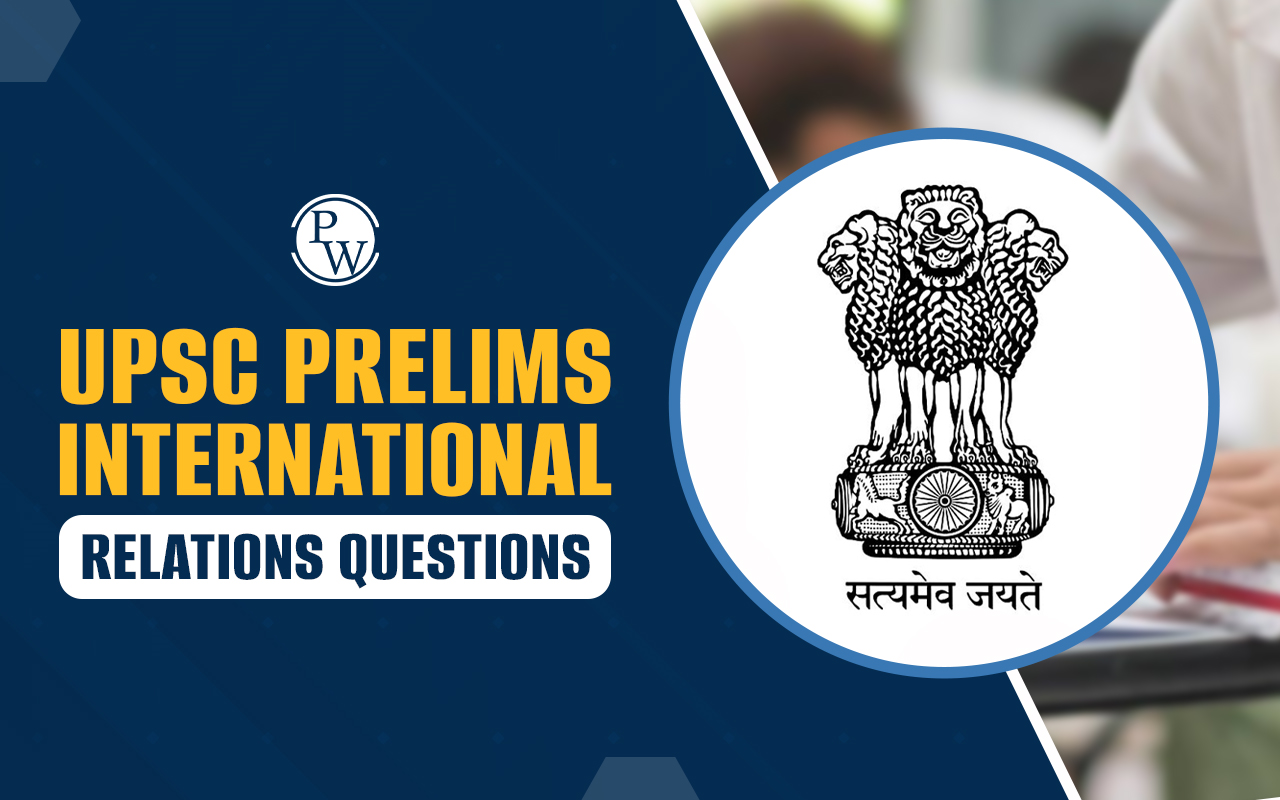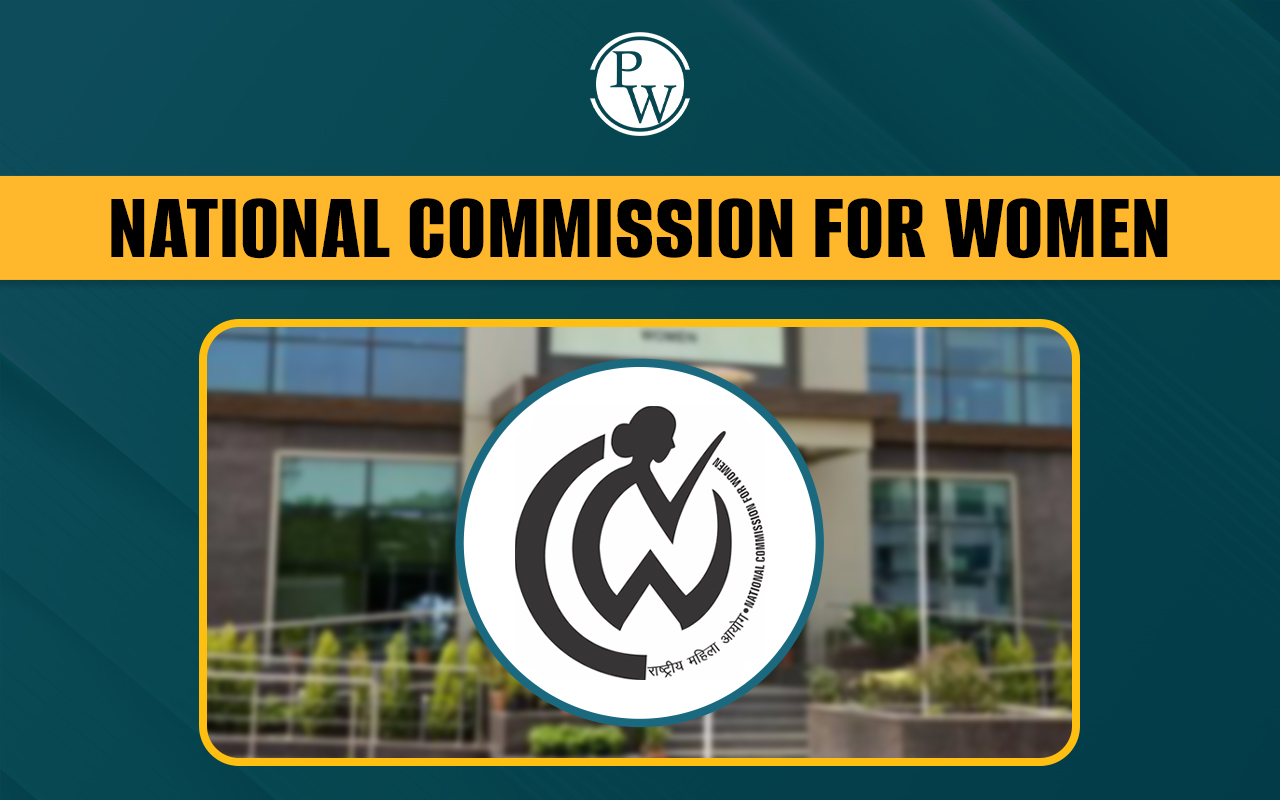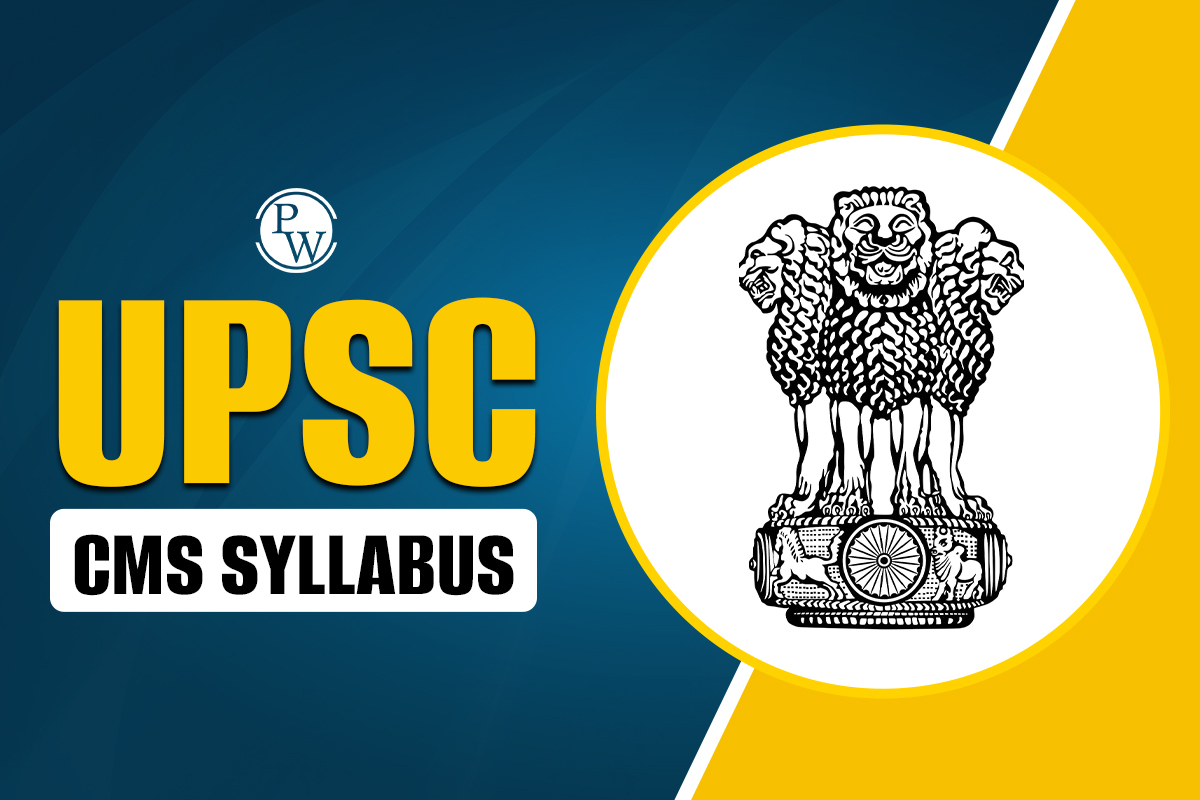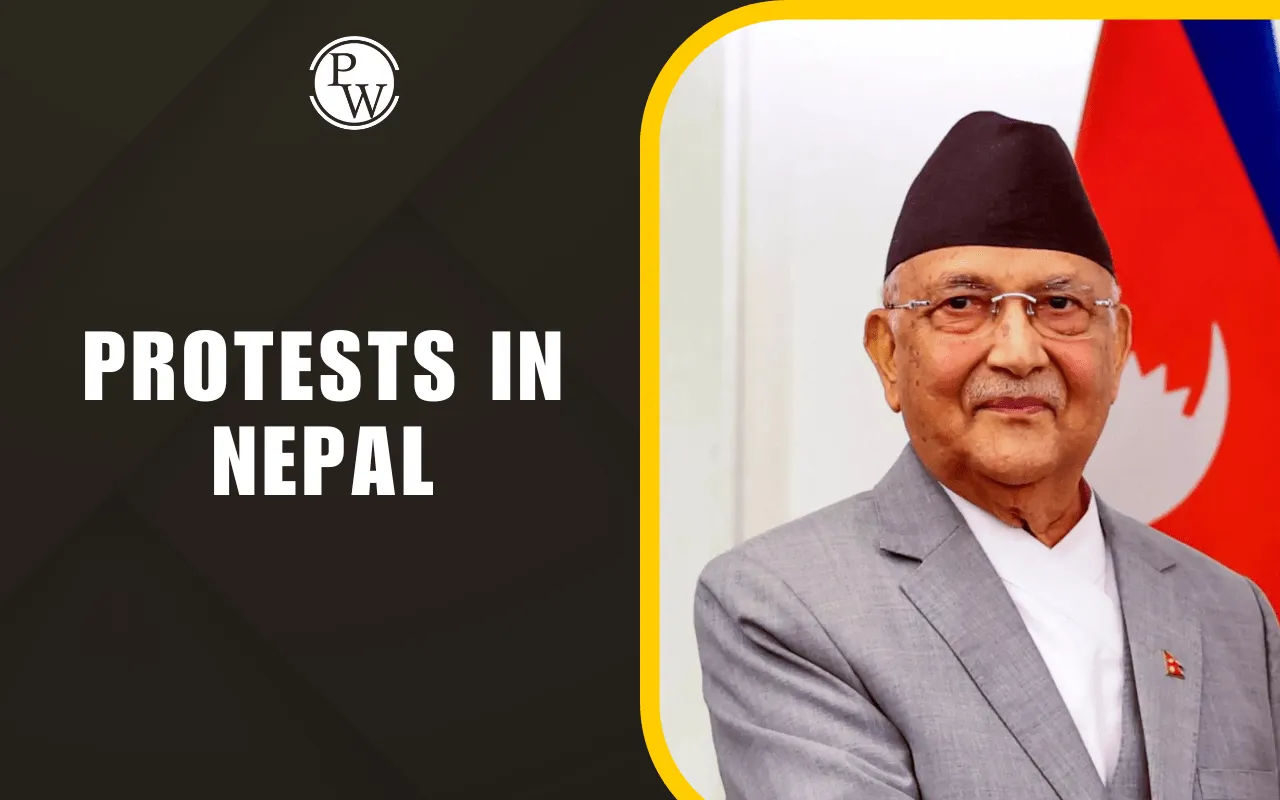
In September 2025, Nepal witnessed one of the largest youth-led uprisings in its modern history, widely referred to as the Gen Z Protests. These demonstrations were primarily organized by students and young citizens, initially triggered by a nationwide ban on popular social media platforms, but they soon evolved into a mass movement against corruption, nepotism, misuse of public funds, and lack of political accountability.
The protests escalated rapidly, spreading across major cities, leading to violent confrontations with security forces, the resignation of top government officials, and widespread damage to state infrastructure.
Gen Z Protests in Nepal Background
On 4 September 2025, the Government of Nepal announced the shutdown of 26 social media platforms—including Facebook, X (Twitter), YouTube, LinkedIn, Reddit, Signal, and Snapchat. The official reason given was their failure to register under the new rules of the Ministry of Communication and Information Technology.
However, critics argued that the ban was politically motivated, following a viral social media trend that exposed nepotism and privileges enjoyed by the children of influential political leaders. This campaign, led largely by Gen Z users, struck a chord with the public, who had long been frustrated with displays of corruption and misuse of power.
Gen Z Protests in Nepal Timeline
|
Date |
Events |
|
8 September 2025 |
• Massive protests in Kathmandu (Maitighar Mandala, New Baneshwor). • Leaderless youth movement against corruption & social media ban. • Attempt to storm Parliament → security used tear gas, water cannons, rubber bullets, live rounds. • Protesters used Straw Hat Pirates’ Jolly Roger flag. • Govt. lifted social media ban by evening. • Home Minister Ramesh Lekhak resigned. • Curfew in Kathmandu, Birgunj, Pokhara, Bhairahawa, Butwal, Itahari, Damak. • 19 killed, 347 injured. |
|
9 September 2025 |
• Protests spread nationwide despite ban lifted. • PM K. P. Sharma Oli resigned; fled to army barracks (Shivapuri). • Govt. buildings burned: Singha Durbar, Supreme Court, Sital Niwas, Baluwatar, Parliament. • Residences of leaders (Deuba, Bhandari, Khanal, Prachanda) attacked/torched. • UML & Nepali Congress HQs vandalized. • Army secured Tribhuvan International Airport; flights canceled/diverted. • Prisons stormed (Kathmandu, Kaski, Kailali) → hundreds escaped incl. Rabi Lamichhane. • Local gov. offices in Karnali & Koshi attacked. • Clashes killed 3 policemen in Koteshwor. • Nepal vs Bangladesh football match canceled. • Army Chief Ashok Raj Sigdel appealed for dialogue. |
Why Social Media Ban in Nepal?
The Nepal government imposed the ban after major platforms like Facebook, Instagram, YouTube, and X failed to comply with new rules. Under these rules, foreign companies operating in Nepal must:
-
Register locally with the Nepal government.
-
Appoint a local contact person for accountability.
-
Follow future laws that aim to regulate revenues, curb misinformation, and monitor digital content.
The Supreme Court upheld the registration requirement but did not explicitly call for a ban. Instead, the ban came when companies did not meet the seven-day deadline to register.
Gen Z Protests in Nepal FAQs
What triggered the Gen Z Protests in Nepal?
Why did the Nepal government ban social media?
What were the main demands of the protesters?
What happened during the protests on 8-9 September 2025?
Was the social media ban lifted?

